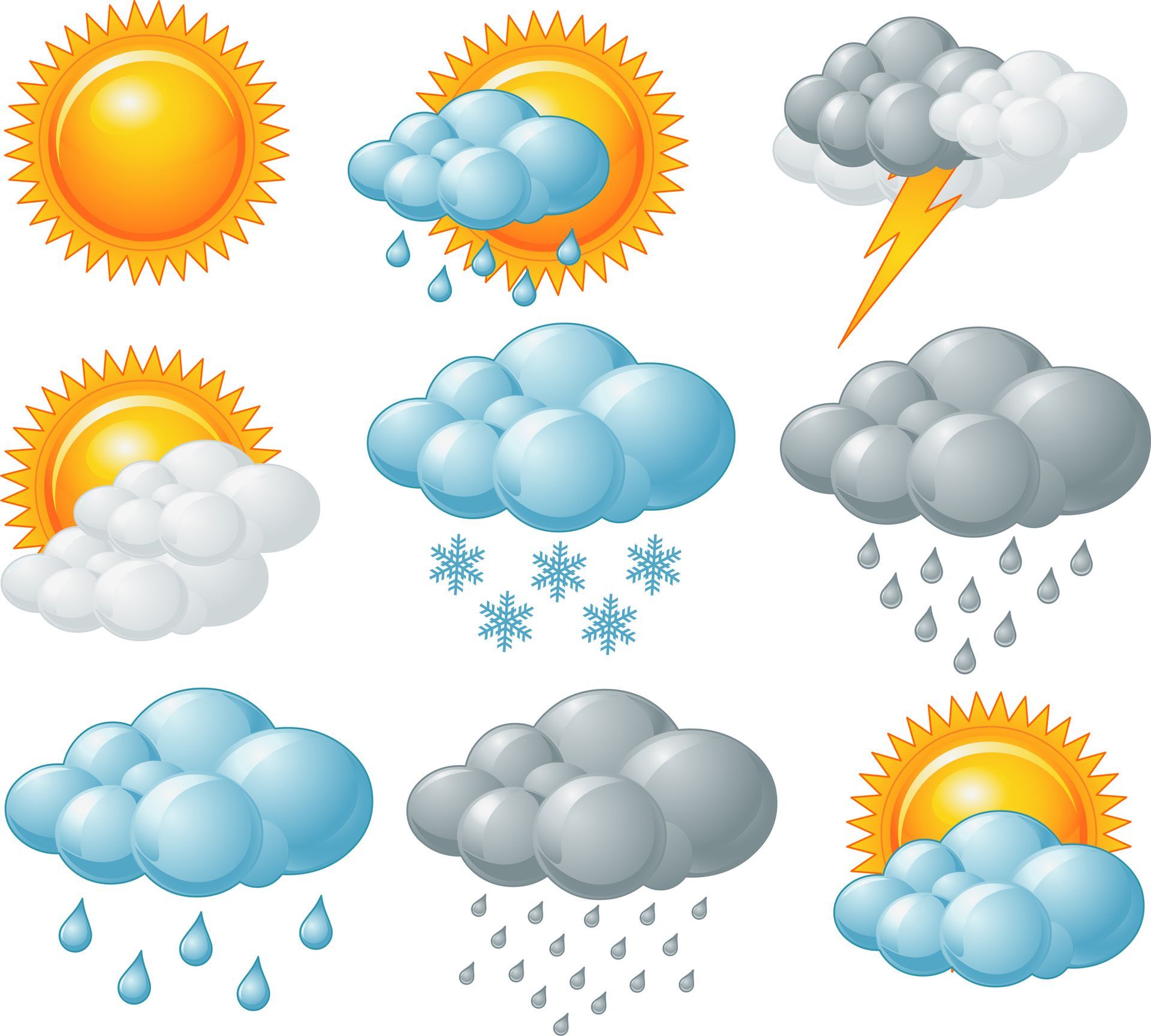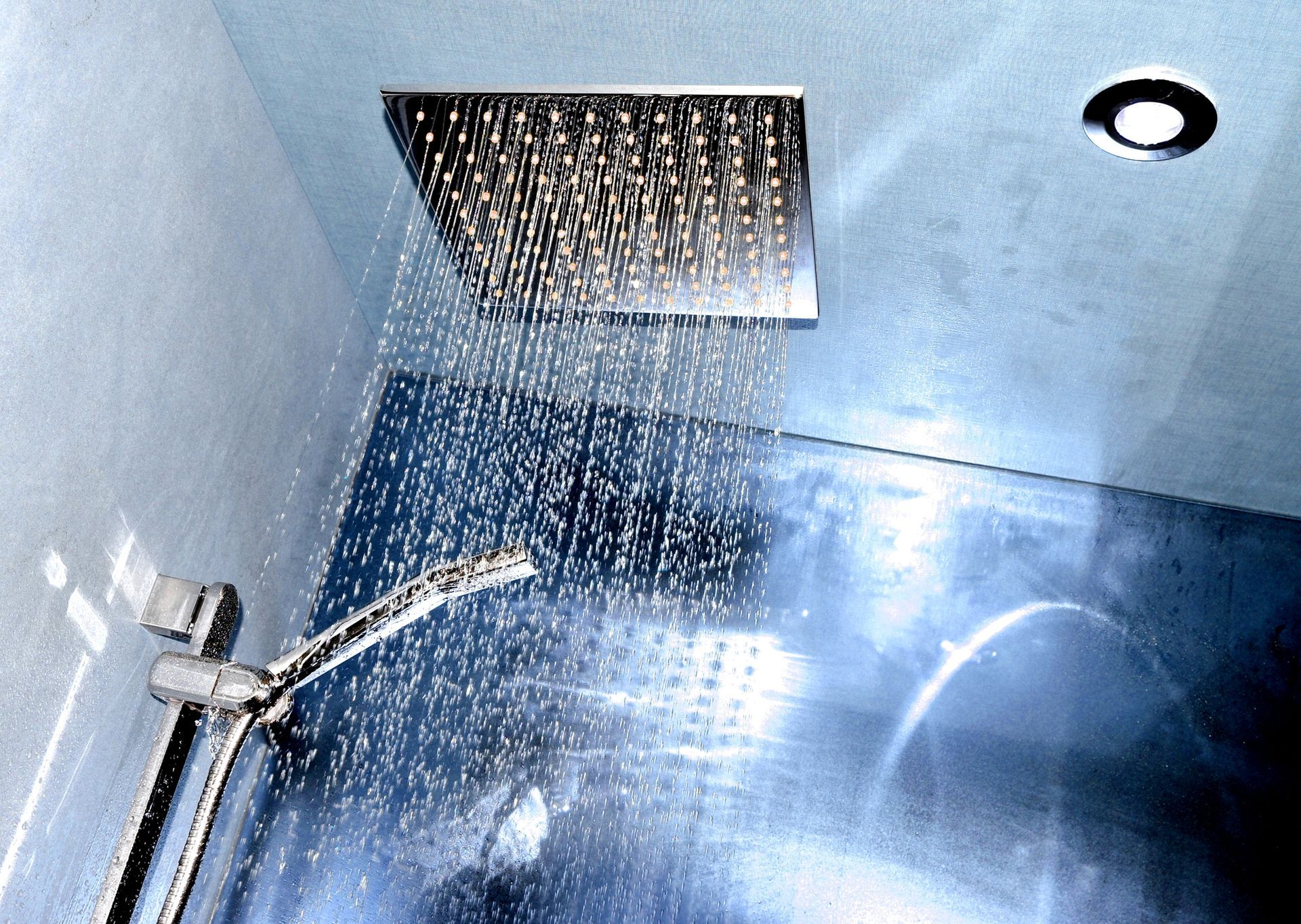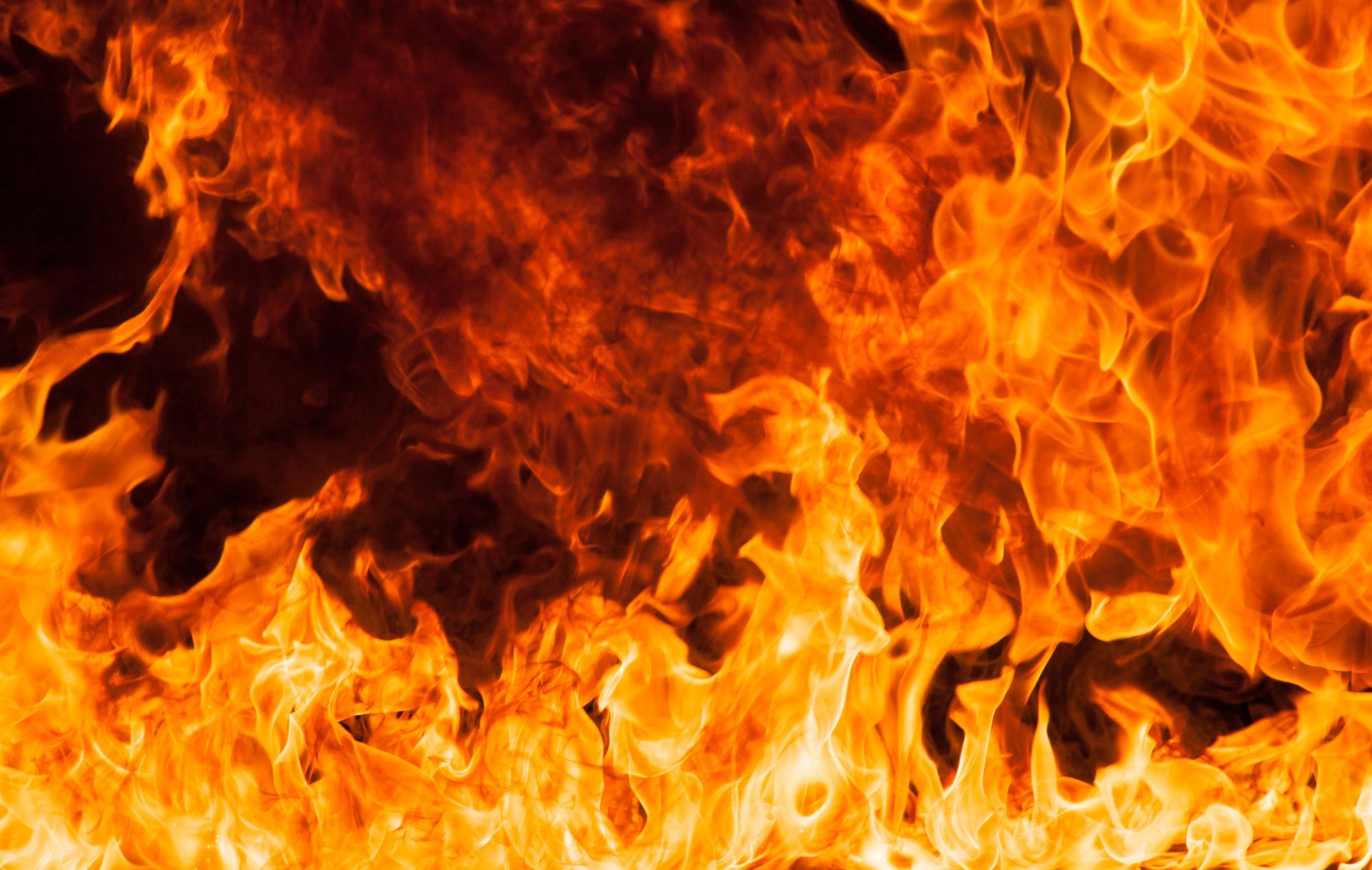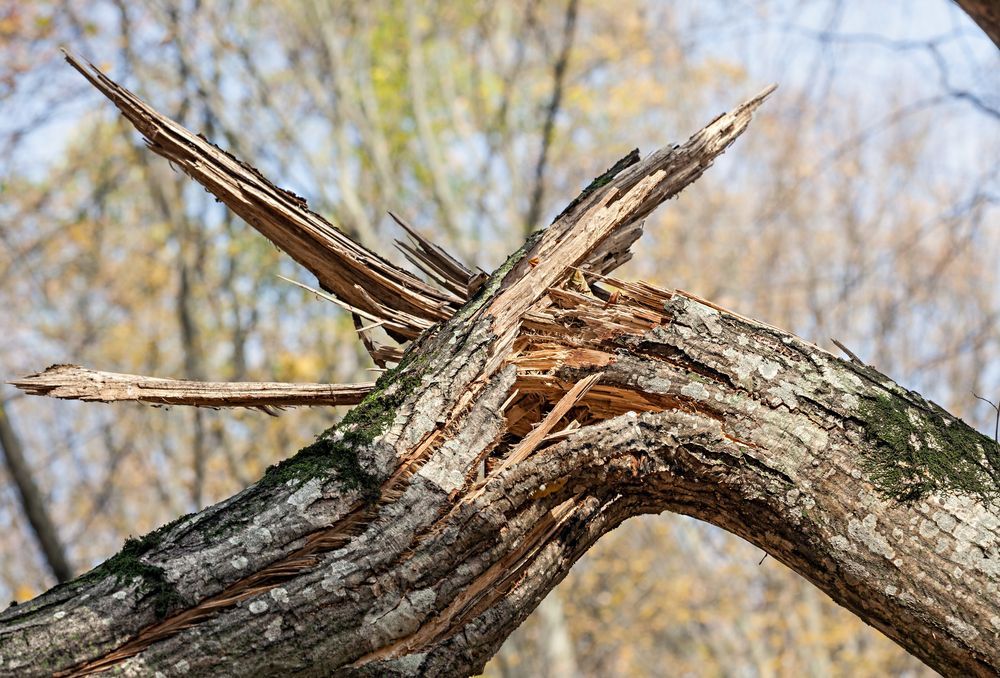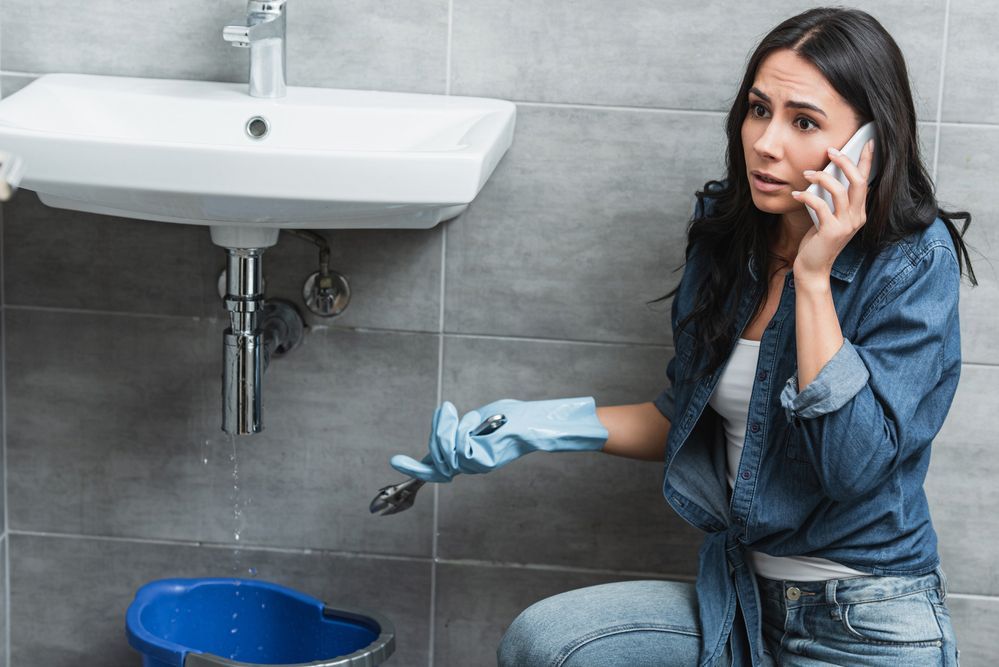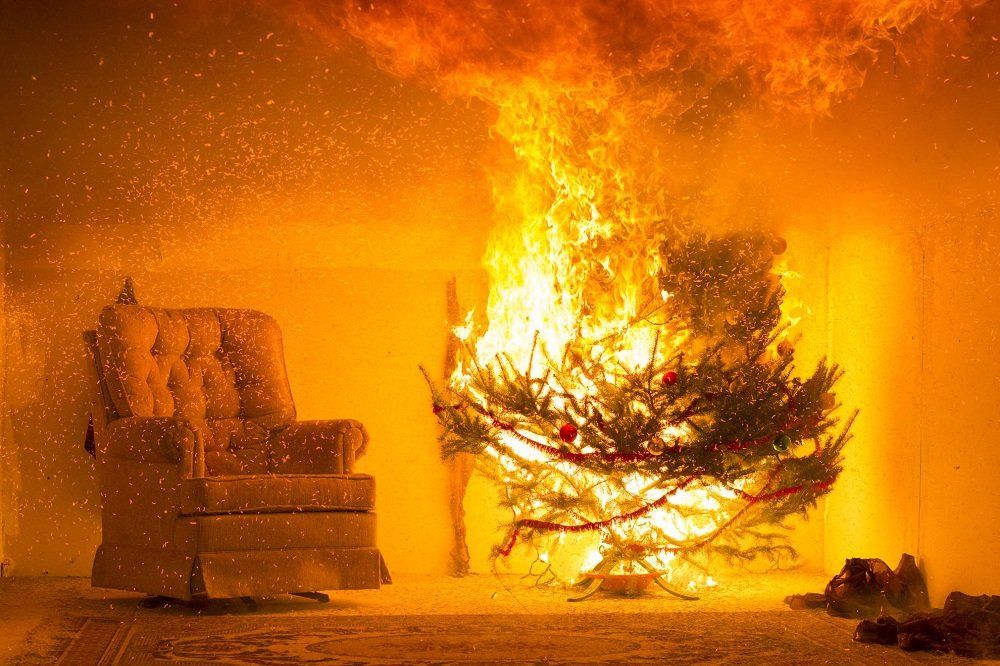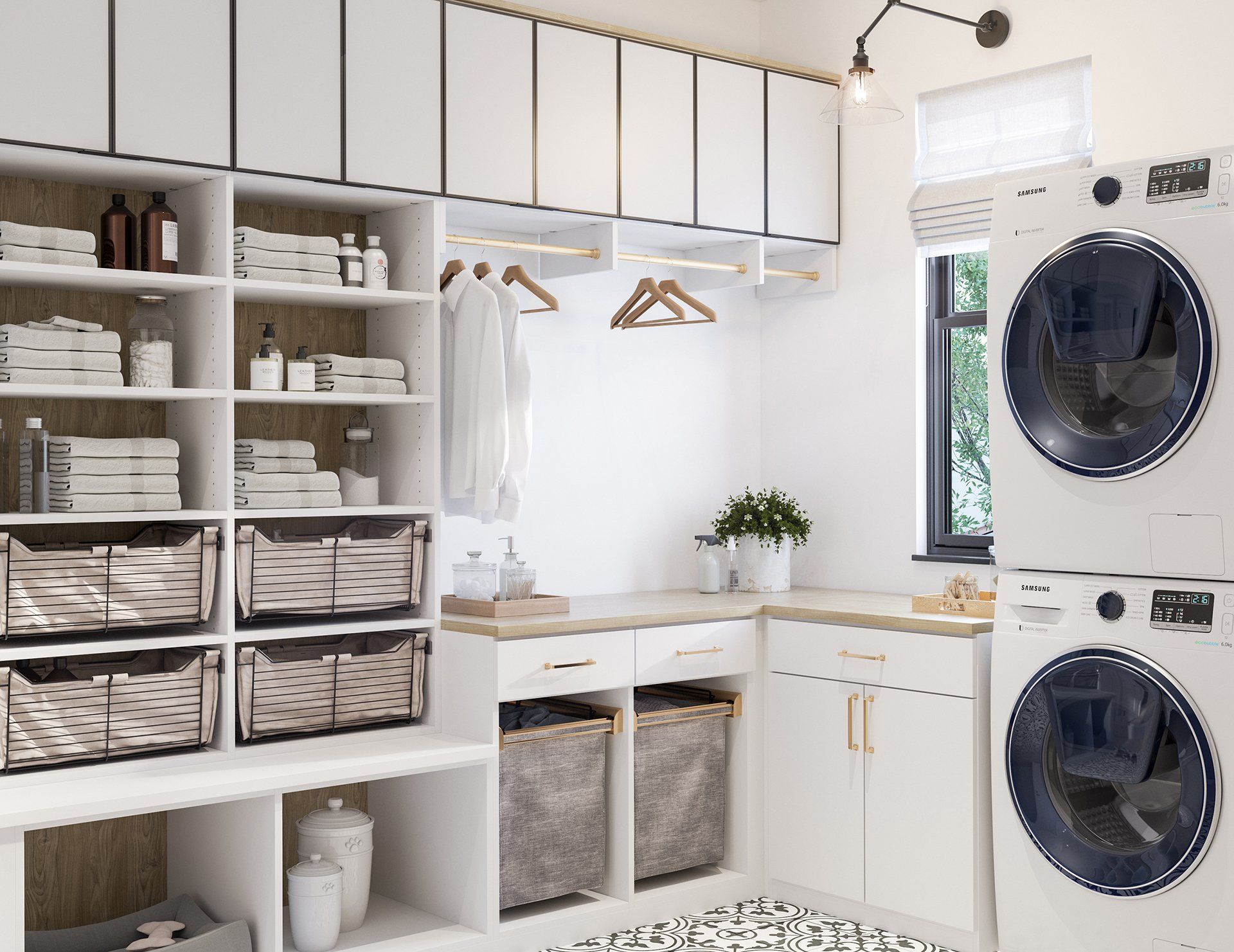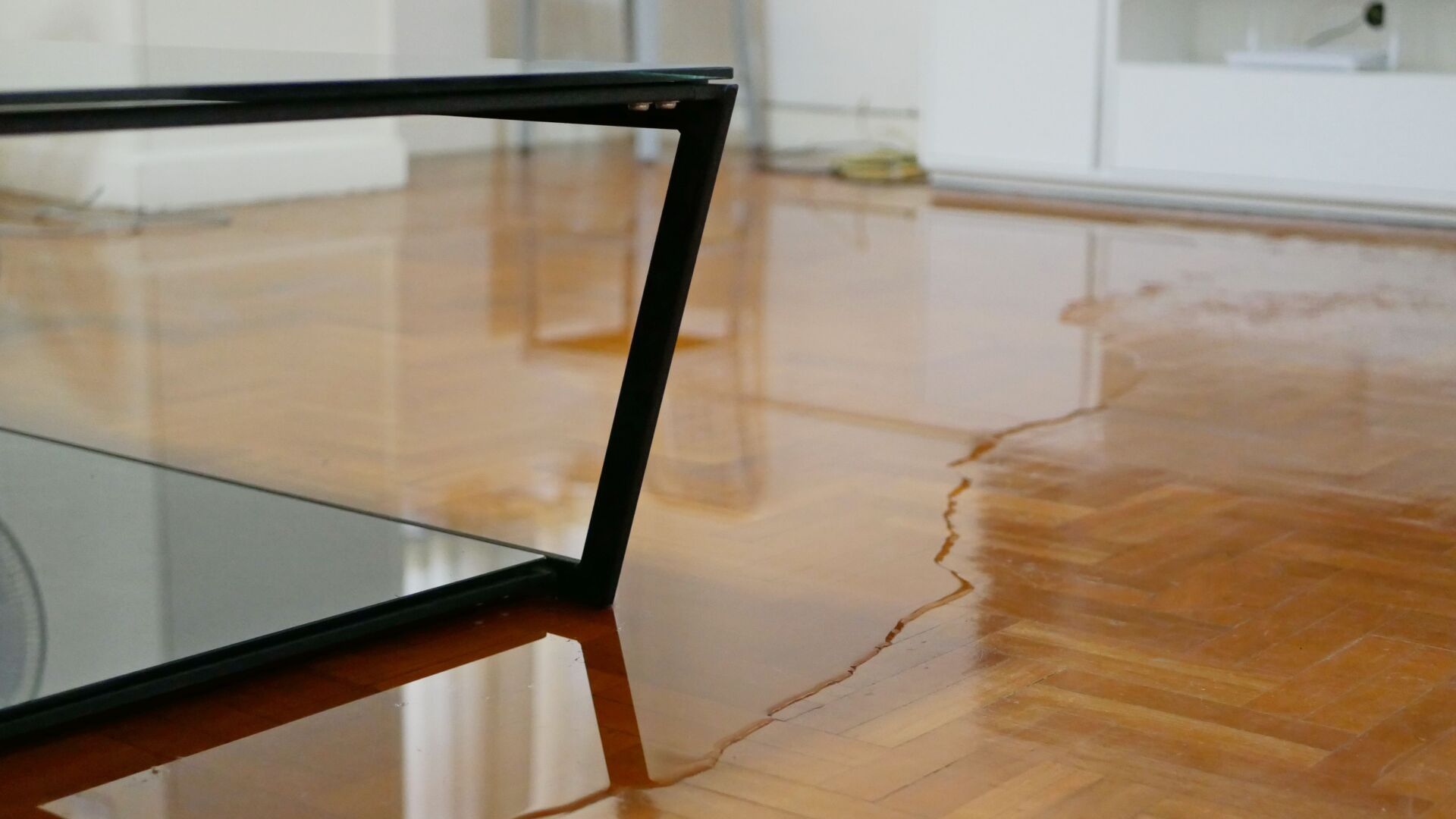Ways to Prevent Water Damage in Your Home or Business This Winter
Ways to Prevent Water Damage in Your Home or Business This Winter -Eldersburg, MD
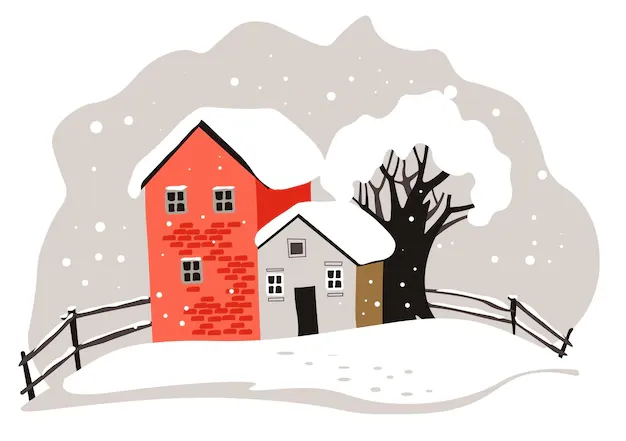
Water damage can occur in homes and businesses at any time of year. Water damage, on the other hand, is more common during the winter months, and many commercial and residential properties in the state suffer from it. This is because winter weather causes problems such as frozen pipes and roof damage due to the weight of ice and snow.
The winter months are also prone to flooding caused by heavy rains or melting snow. All of this means that, as part of their annual winter home preparation, residents must take extra precautions to protect their properties from water damage, and business owners should do the same. We have provided some tips on how to prevent water damage in your home or business this winter as part of our commitment to our clients.
Tips to Prevent Water Damage
Keep Your Gutters Clean and Clear: One of the primary functions of your gutters is to keep water off your roof and divert it away from your home or business. A gutter that is clogged with debris, such as dead leaves, will be unable to perform this function properly. If your gutters are clogged, water can seep through the roof or run down the sides of your building and into the foundation.
Unclogging gutters, fortunately, does not have to be an expensive experience, and many property owners discover that they can do it themselves with a ladder and the proper amount of caution. You could also hire a professional to handle the task for you. During the winter, pay close attention to ice dams that may form along the perimeter of your home's roof and clear them as soon as they appear.
Periodically Check for (And Fix) Leaks: Leaks can appear innocuous at first glance. However, even minor ones can cause major issues in your home or business. Leaks, if left unattended, can cause dry rot, mold and mildew, and structural damage.
You can check for leaks around your home or business by:
- Inspecting water-using appliances, such as washing machines, and paying close attention to the hoses attached. When inspecting hoses, look for punctures and holes, as well as signs of wear and tear that could lead to future leaks, such as cracks, bulges, and corrosion.
- Have your roof inspected, and look for and replace missing or damaged shingles, cracks in the caulking, and leakage around the flashing.
- Examine for dark spots near water appliances and pipes. Dark spots near a water source or pipe indicate that there is a leak nearby.
- To monitor water flow and pressure on your property, purchase and use an electronic water leak detection system. A leak detection system should detect even minor leaks so that you can address them before they cause major damage. If a leak is detected, these devices will also turn off your water supply.
Make Sure Your Pipes Don’t Freeze: Frozen pipes become a very real possibility for residential and commercial buildings during the winter months, as outdoor temperatures drop to dangerously low levels. Frozen pipes cause pipe damage, including bursts, allowing water to flood your home and cause significant damage.
Drain outdoor hoses during winter home preparation to ensure there is no water left inside to freeze, especially if you are going on vacation. Keep your home warm and warm water flowing through your pipes. No water coming out of your taps, odors coming from your drains, and frost on the outside of your pipes are all signs of frozen pipes.
Inspect Your Sump Pump and Make Sure it Works: A sump pump is a small pump that is typically installed in a basement or crawlspace. This device's primary function is to regulate groundwater and prevent flooding inside the building by pumping water away as it accumulates. A sump pump can be extremely useful in preventing water damage in your home—but only if it works properly.
You don't want to wait for flood conditions to find out if your sump pump is in good working order. It is best to check and maintain it regularly during good conditions so that it can function properly when needed. You can put your sump pump to the test by filling its pit with water and seeing if it effectively lowers the water levels.
What to Do If You Fall Victim to Water Damage: Despite taking appropriate precautions, you may still fall victim to water damage during the winter months. Winter weather is unpredictable, and keeping up with all of the maintenance required to keep a home or commercial building safe from water damage can be difficult. However, there is no need to be disheartened if you find yourself in need of repairs.
Restoration 1 of Eldersburg is your local water damage repair and restoration specialist. Call us right away if you need emergency water damage services or anything else.

